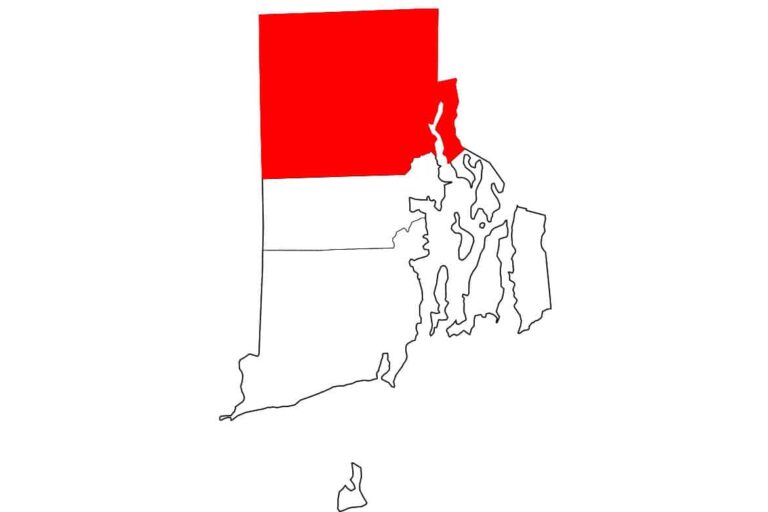
BEVA is urging owners to keep their horses safe from the seasonal risks of grazing around oak and sycamore trees. This warning follows a spate of veterinary cases needing urgent treatment after ingesting toxic seeds.
Ingestion of sycamore seeds or acorns can cause rapidly fatal illness in horses. BEVA members have seen higher numbers of atypical myopathy and acorn toxicity cases this autumn.
“The extreme weather over the summer may have contributed to the production of greater quantities of sycamore masts and acorns than normal,” warned BEVA President David Rendle. “High winds over the next few weeks will likely serve to increase the risk further. Ideally, horses should be kept away from grazing around oaks and sycamores. If no other pasture is available, supplementary feed should be provided. If horses that have access to sycamore seeds or acorns show signs of illness, veterinary attention should be sought immediately.”
Risks of Sycamore Seeds

Seeds (“masts” or “helicopters”) from the common sycamore tree (Acer pseudoplatanus) produce a toxin called Hypoglycin A. This can remain present in high concentrations in seedlings. When horses eat these, either by accident or because they are lacking other forage options, they can develop severe and often fatal muscle damage, called atypical myopathy.
Horses with atypical myopathy might present with variable signs of muscle soreness, stiffness, weakness, difficulty breathing, dullness, lethargy, muscle trembling, colic symptoms, and brown or dark red urine. Suspected cases should receive veterinary attention immediately. Around three-quarters of affected horses will die, often despite extensive veterinary treatment. Horses that survive the initial period will usually make a full recovery.
Acorn Toxicity

Acorn “toxicity” is less common and less well understood than hypoglycin toxicity. The apparent increase in cases seen recently may be an unfortunate combination of the extreme dry summer weather and normal variation in acorn production. Just like all fruit and nut trees, oak trees can produce variable amounts of acorns from year to year, with “mast years” of unusually high production.
When a group of horses are exposed to acorns from the same oak tree, only one or two horses will usually fall ill. This might be because individual horses are particularly susceptible, or that some trees, or even certain acorns, are particularly toxic. Protection from acorn toxicity in other species, such as pigs, comes from the production of tannin-binding salivary proteins. These proteins are not normally produced by horses, but it is possible that some individuals have them and are protected in this way.
The toxic effects of acorn ingestion can be severe. Prompt veterinary attention is essential. Clinical signs include moderate to severe colic or colitis, lethargy, dehydration and dark urine, which can be a result of kidney failure. Signs may develop extremely rapidly, and death can occur within 12-24 hours.
How to Prevent Disease from Oaks and Sycamores
Horse owners are advised to take practical steps to prevent the diseases by limiting access to sycamore seeds and acorns:
· Identify trees both around grazed fields as well as those in close proximity. The characteristic maple leaf shape is easy to spot. Most people are familiar with the oak, but if in doubt a test is available from the Royal Veterinary College as a result of work funded by The Horse Trust.
· Collect seeds or exclude horses from affected areas using electric fencing or stabling.
· Feed supplementary hay to discourage horses from excessive foraging for short blades of grass to help prevent inadvertent ingestion of seeds. Ensure that hay does not become contaminated by seeds.
· Don’t rashly fell trees when laden with seeds as this can cause a sudden and massive contamination of the pasture. Consider local regulations, tree protection orders and tree ownership if felling is the only option.
· Monitor horses carefully even after they have been moved from affected pasture. Disease can occur up to four days after exposure.
For further information, you can download the Royal Veterinary College’s fact sheet on Atypical myopathy: https://www.rvc.ac.uk/Media/Default/Comparative%20Neuromuscular%20Diseases%20Laboratory/Atypical%20Myopathy%20fact%20file%20updated%202022.pdf
And the British Horse Society a fact sheet on Acorn Poisoning: https://www.bhs.org.uk/horse-care-and-welfare/health-care-management/horse-health/equine-diseases/acorn-poisoning/
For further information visit www.beva.org.uk.








